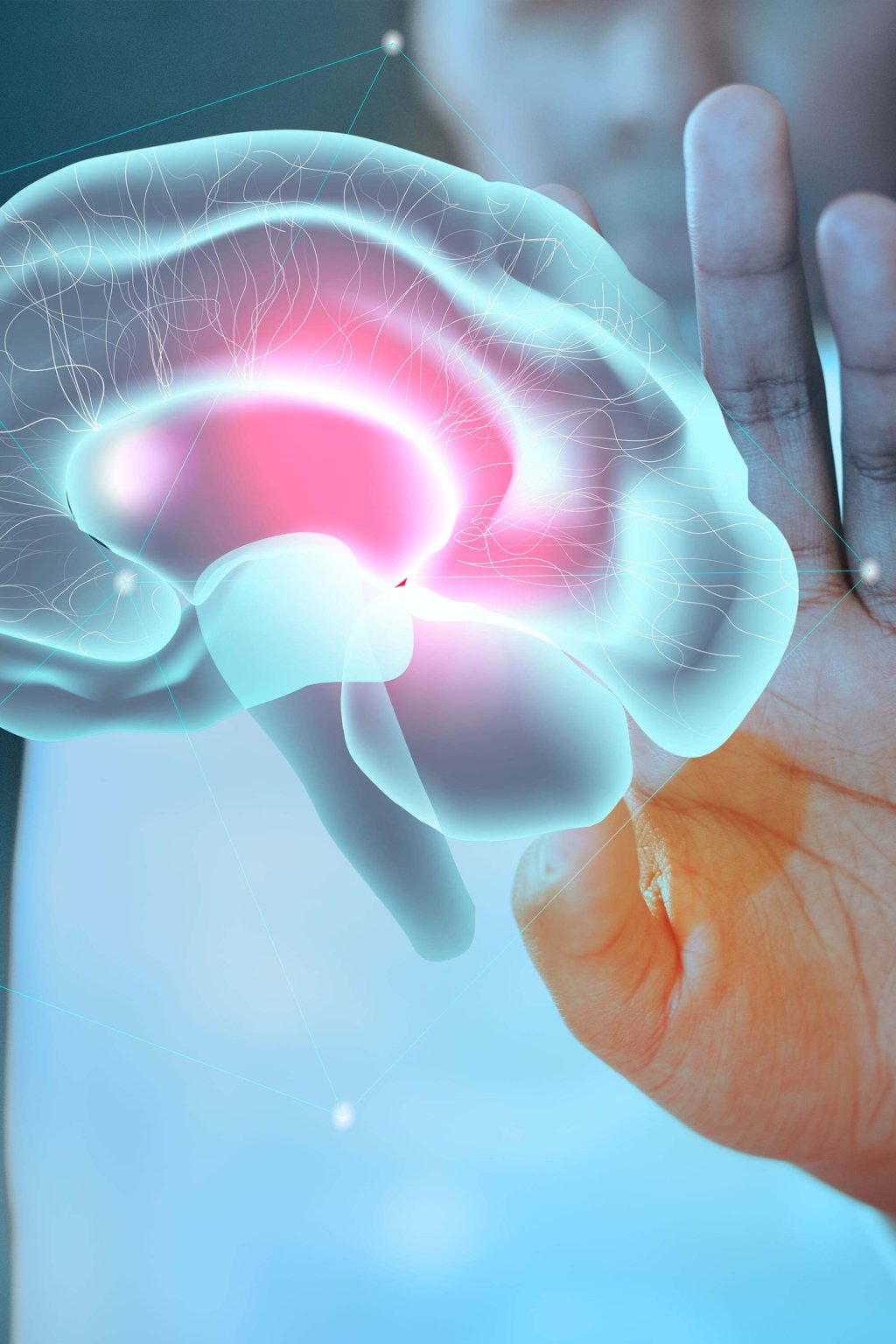Medical Specialties: Neurology
Which Diseases Does Neurology Address?
Neurology is a medical specialty that examines and treats the health of components of the nervous system such as the brain, spinal cord, nerves, and muscles. Neurologists specialize in the diagnosis and treatment of the following diseases:
Epilepsy: A brain disorder characterized by seizures.
Parkinson's Disease: A neurological disorder causing movement disturbances and tremors.
Migraine: A condition characterized by severe headaches and sometimes symptoms like nausea and sensitivity to light.
Alzheimer's Disease: A progressive brain disorder characterized by memory loss over time.
What Diseases Does a Neurologist Diagnose?
Neurologists diagnose various disorders related to the nervous system, including:
Headaches: Various types such as migraines and tension headaches.
Muscle Weakness and Numbness: Symptoms caused by nerve damage or muscle diseases.
Balance Disorders: Inner ear or brain-related balance issues.
Emergencies: Life-threatening conditions like brain hemorrhages, strokes, and brain tumors.
Neurological Examination
A neurological examination evaluates the brain functions, sensory organs, muscle movements, and reflexes of the patient comprehensively. During this examination, neurological symptoms are carefully assessed, and an appropriate treatment plan is formulated.
Main Tests Conducted in the Neurology Department
Common tests used in neurology include:
Magnetic Resonance Imaging (MRI): Provides detailed imaging of structures like the brain and spinal cord.
Computed Tomography (CT): Used to evaluate intracranial lesions and brain hemorrhages.
Electroencephalography (EEG): A method used to measure brain activities.
Electromyography (EMG): A test conducted to measure the electrical activities of muscles.
Neuroimaging Techniques: Special imaging techniques such as PET scans and SPECT may also be used.
Diagnosis and Treatment of Neurological Diseases
Accurate diagnosis of neurological diseases is possible through comprehensive evaluation and the use of advanced imaging techniques. During the treatment process, the following methods may be applied:
Medication: Drugs used for conditions like epilepsy and Parkinson's disease.
Physical and Rehabilitation Therapies: Therapies aimed at improving muscle and nerve functions.
Surgical Interventions: Surgical options for brain tumors or in some cases, epilepsy treatment.
Each patient's treatment plan is customized based on the type and severity of the disease and the patient's overall health. The treatment process is generally conducted with a multidisciplinary approach and aims to improve the patient's quality of life.
This page content is for informational purposes only and provides general information about health topics. The information presented here should not be used for the purpose of assessing your individual medical condition or providing treatment recommendations by a healthcare professional. If you have any concerns or symptoms related to your health condition, please consult a healthcare professional for a definitive diagnosis and treatment. Avoid applying treatment or management strategies on your own before seeking professional medical help for any health issues.

